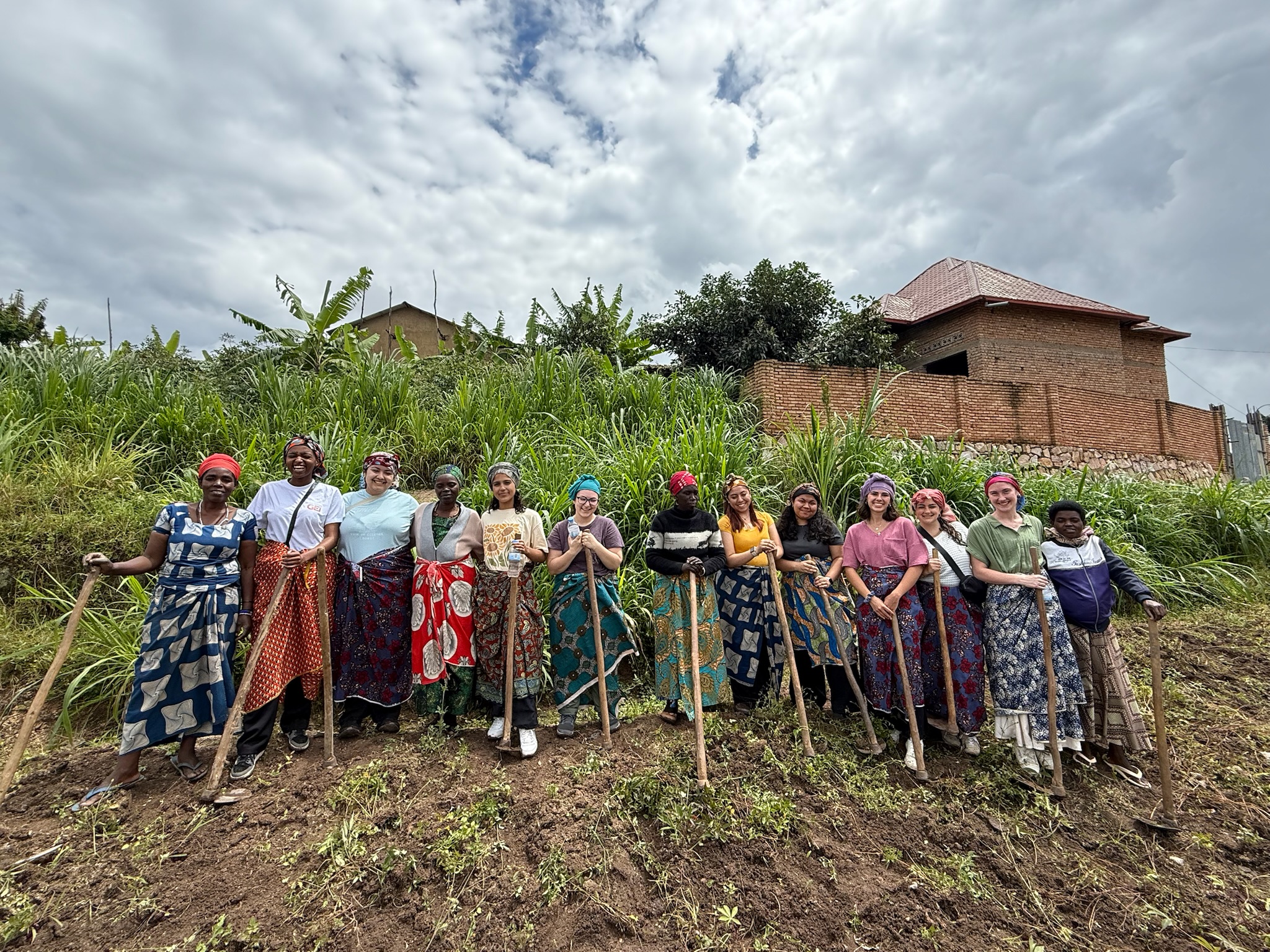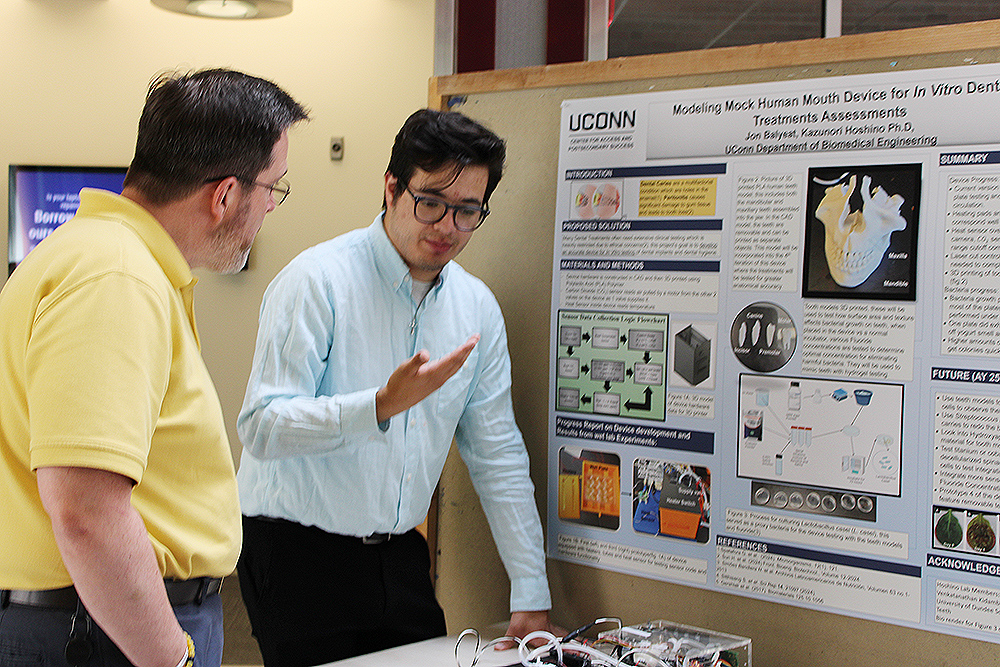Recommendations for Improving Black Women HIV Care and Racial Equity
The UConn Health Disparities Institute’s Director Linda Sprague Martinez, Ph.D., and colleagues co-authored an essay, “Critical Reflections from the Black Women First Initiative” published in the American Journal of Public Health on July 3.
The Black Women First Initiative (BWF), also known as the Improving Care and Treatment Coordination: Focusing on Black Women with HIV initiative, was launched in 2020 and funded by the Health Resources and Services Administration, the primary federal agency that works to improve critical health care access and resources for vulnerable populations.
The BWF initiative was a historic milestone as it was the first initiative explicitly focused on improving care for Black women living with HIV since the start of the HIV epidemic in 1981. It funded twelve community-based organizations and clinics across the country to design and implement interventions that improve access to care and treatment for Black women living with HIV, as well as an evaluation and technical assistance provider, led and coordinated by UMass, Lowell.
While Black women represent less than 14% of the U.S. female population, they represent 54% of those newly diagnosed with HIV. Black women are disproportionately impacted by HIV due to historical and structural barriers to educational and economic opportunities, exclusion from HIV transmission messaging, and social determinants of health barriers such as transportation, employment, housing that impact their access to high-quality treatment as well as preventive care including preexposure prophylaxis.
The essay authors emphasized the disproportionate burden HIV/AIDS has had on Black women in the U.S. is “rooted in racism, not race” and that “racism in the U.S. underlies barriers to high-quality health care, including HIV treatment.”
In this essay, the authors explore how longstanding racism, and racial inequities began to be addressed by the work and interventions of the BWF Initiative. “The centering of Black women’s ideas and input, and their meaningful involvement in intervention design, adaptation, implementation, and evaluation in the initiative,” was highlighted by essay authors as a way in which racism was challenged.
However, that is not enough. “Advancing the health of Black women with HIV needs a comprehensive and critical approach that addresses racism by changing intervention funding, service delivery, and the measurement of success,” the authors state. “While an important conversation about racism and racial equity was started as a part of this initiative, racial equity planning was challenging, and more time, resources, and focused attention needed to be invested.”
The essay concludes with the authors outlining expert recommendations for addressing and dismantling racism in future efforts to improve the care and treatment for Black women with HIV:
- Funders, especially those in the private sector, can lead by acknowledging racism as the root cause of inequities and providing a clear definition of what racism is and how it operates at different levels, and funding initiatives focused on dismantling racism embedded in policies to re-shape practice and address the priorities of Black women.
- Institutions and organizations can examine the ways in which practices, procedures, and policies reinforce oppressive structures and identify opportunities for change.
- Research and evaluation efforts should be designed in collaboration with Black women with HIV and should include systems to monitor and measure racism at multiple levels.
- Through community partnerships, organizations can provide wrap-around services when they are not provided on site. This approach leverages each partner’s strength and increases capacity and access to resources for the community being served.
Learn more in the published essay and about the author team’s full recommendations.
Latest UConn Today
- Anne C. Dailey Named Board of Trustees Distinguished ProfessorDailey is one of three UConn professors to receive the prestigious honor this year.
- UConn School of Nursing Students Spend a ‘Life-Changing’ Summer AbroadStudents participate in a 6-week Experiential Global Learning Program in Rwanda
- CAPS Research Scholar Develops ‘Mock Mouth’ for Dental ResearchThe 3D-printed device, created by biomedical engineering major Jon Balyeat ’27, can show how microbial growth responds to oral treatments and implants without clinical trials
- Life with Lori June: Professor Turns Kitchen into Classroom to Show Us How She Does It'I guess my life is a lot about food. It’s my creative outlet. Food is the way that I love people. Life with Lori June is just a new extension of that'
- CAPS Summer Program Concludes With Poster ExhibitionDuring the CAPS Research Summer program, students dedicate efforts to their research projects and leverage skills to be applicants for research-focused graduate degrees
- Sweet Disguise: Body Hides RNA With SugarNow that scientists understand the role of RNA glycosylation in deflecting immune system attention, they can check on whether that strategy is somehow going awry













